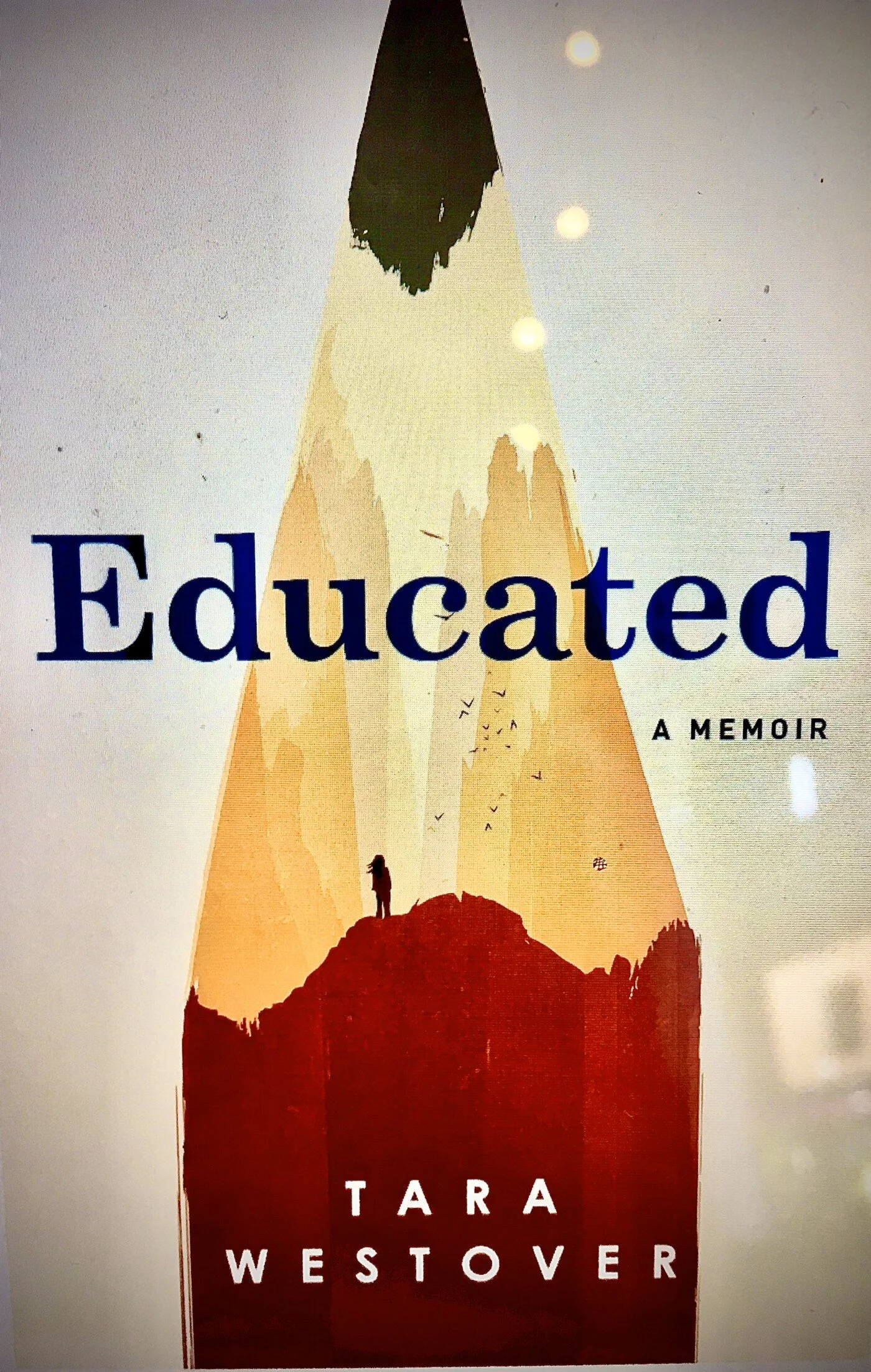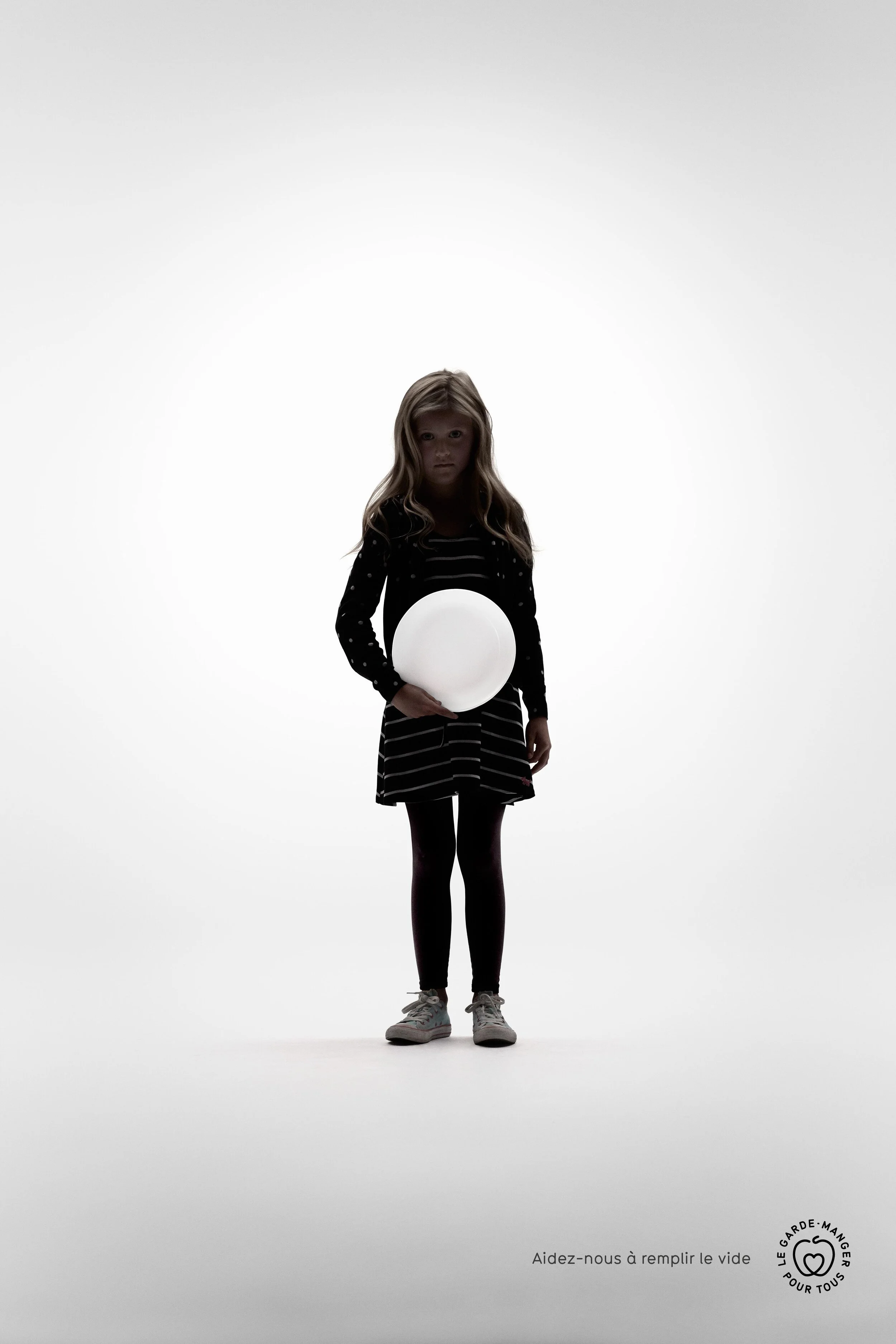Over the past two weeks, I’ve spent half of my energy managing emotions I had no idea so significantly undergirded my life.
Avoiding exposure to COVID-19 has exposed how the busyness of my days buffers me from tension in my marriage, discontentment with my body, insecurity as a writer, financial fear and emotional emptiness.
Of all these unsettling realities, I sense emotional emptiness is the headwaters of them all.
In Understanding the Borderline Mother, Christine Ann Lawson writes:
Emptiness and loneliness are distinctly different emotional experiences. Whereas loneliness results from loss and evokes sadness, emptiness results from deprivation and triggers anger.
A deep understanding of my story means I more honestly admit, to myself and those close to me, how deeply lonely I felt growing up. But Lawson’s words, in the midst of this quarantine, invite me to reassess if what I’ve become accustomed to calling loneliness is really an ancient emptiness I have no idea how to address.
In his book, Addictions and Grace, Gerald May wrote:
All [these success stories] are because of one fact: the people did not fill up the space left by their addictions. A contemplative quality can be found in anyone who has encountered emptiness and chosen not to turn away.
Making peace with emptiness—this is the daunting task at the heart of May’s teaching. And it is both relieving and terrifying that the process of learning to live with universal spaciousness begins by not turning away from it.
Maybe this is why, of all the things my friends have posted on social media this week, the most encouraging ones have been wry confessions of what they always thought they’d do with more time but are finding they still aren’t choosing: reading more, deeply cleaning their house, exercising faithfully, cooking healthier meals, etc.
In their words I read a turning towards an exposed reality of their desires, or lack of them, even if it doesn’t measure up to an ideal image they’ve always expected of themselves. Maybe I can do the same.
What unbuffered emotions has a quarantined life invited you to turn towards? What childhood story of deprivation do you need to tell in order to be kind to the emotional emptiness surfacing for you in these unique days?



